Description
Thoracic oncology is a field of medicine specializing in diagnosing and treating cancers within the chest cavity. This includes cancers of the:
- Lungs (most common)
- Esophagus
- Mediastinum (the space between the lungs)
- Thymus gland
- Pleura (lining of the lungs and chest wall)
- Trachea (windpipe)
Treatment:
There’s no single “thoracic oncology” procedure. Treatment plans are tailored to the specific type and stage of cancer. Here are the main approaches:
- Surgery: This may involve removing the entire tumor or a portion of the affected organ (lung, esophagus, etc.). Minimally invasive techniques like video-assisted thoracic surgery (VATS) are often preferred.
- Radiation therapy: Uses high-energy rays to kill cancer cells. Can be delivered externally or internally (brachytherapy).
- Chemotherapy: Uses powerful drugs to destroy cancer cells throughout the body. Can be given orally, intravenously, or both.
- Targeted therapy: Newer medications that target specific mutations or pathways that fuel cancer growth.
- Immunotherapy: Helps the body’s immune system recognize and fight cancer cells.
Who is Suitable?
Generally, the suitability for specific treatments depends on factors like:
- Type and stage of cancer
- Overall health
- Age
- Personal preferences
Who is Not Suitable?
Certain treatments, like surgery, might not be suitable for patients with severe underlying health conditions or very advanced cancer stages.
Advantages:
- Potential for cure: Early-stage cancers can be potentially cured with surgery, radiation, or a combination.
- Improved quality of life: Treatment can alleviate symptoms and improve a patient’s ability to function.
- Advancements in technology: Minimally invasive surgeries and targeted therapies offer less invasive and potentially more effective options.
Complications:
- Risks depend on the specific treatment and the patient’s health.
- Surgery: Infection, bleeding, pain, pneumonia.
- Radiation therapy: Fatigue, skin irritation, nausea, organ damage (depending on location).
- Chemotherapy: Fatigue, nausea, hair loss, increased risk of infection.
Preoperative Care:
- Thorough medical evaluation to assess overall health and suitability for surgery.
- Imaging tests to pinpoint the tumor location and size.
- Blood tests to check organ function.
- Education about the surgery and potential risks.
- Stopping smoking (if applicable) to improve healing.
Postoperative Care:
- Pain management with medication
- Breathing exercises to prevent pneumonia
- Physical therapy to regain strength and mobility
- Monitoring for signs of infection
- Follow-up appointments to check for recurrence
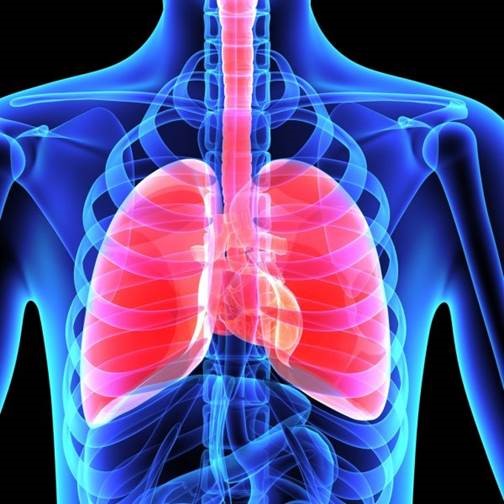
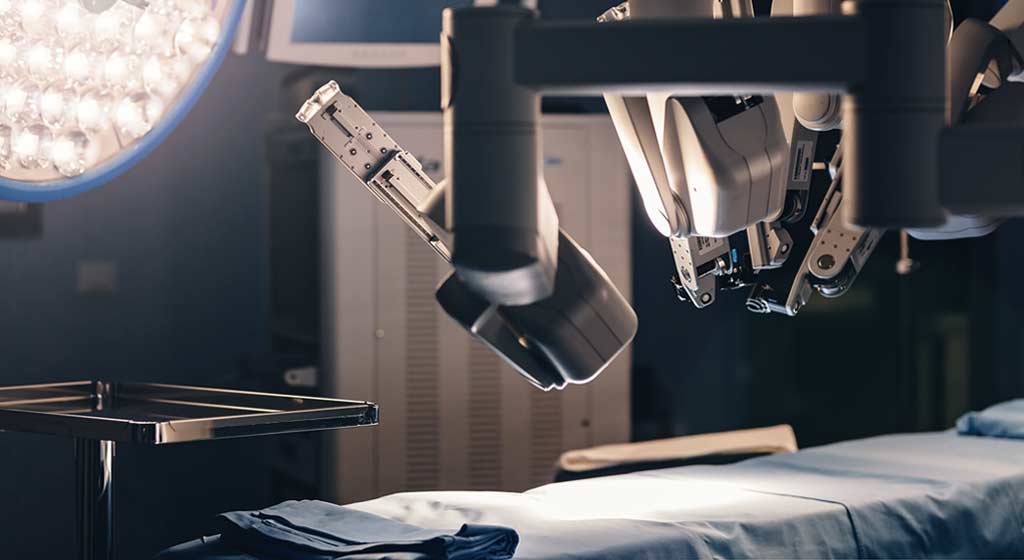
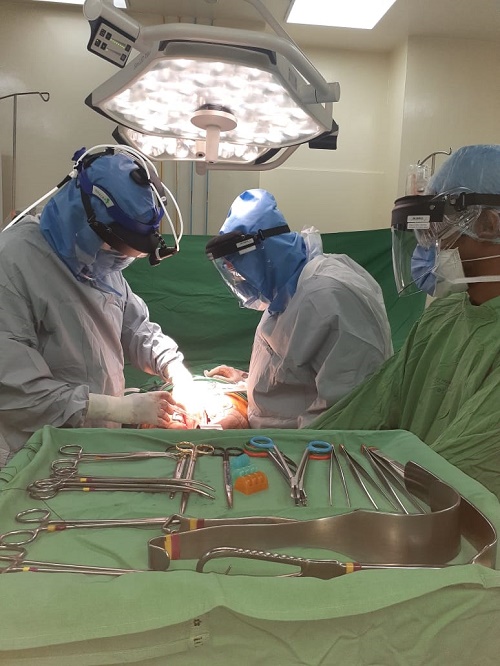
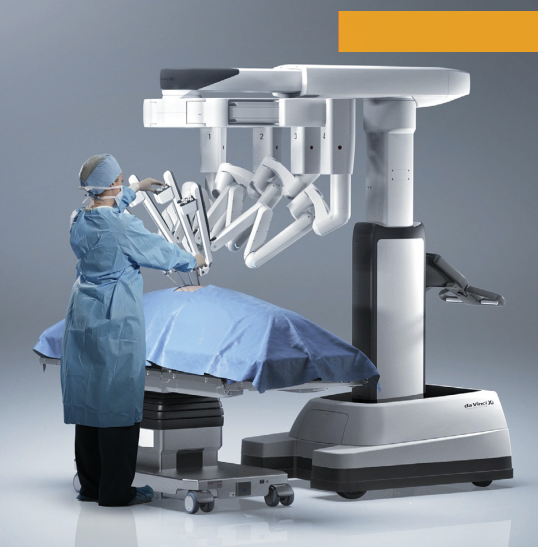
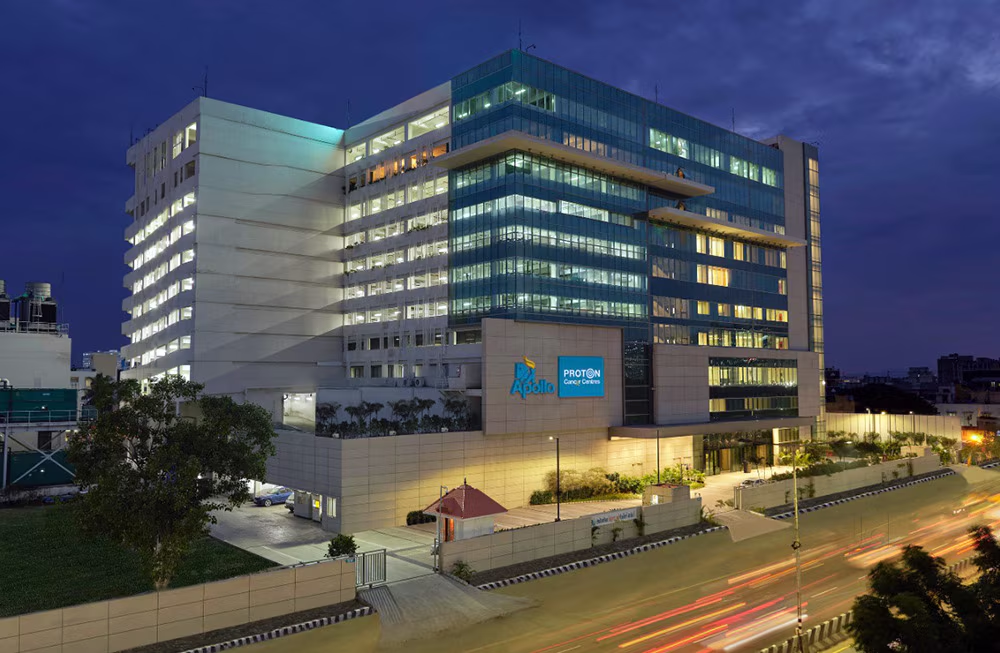
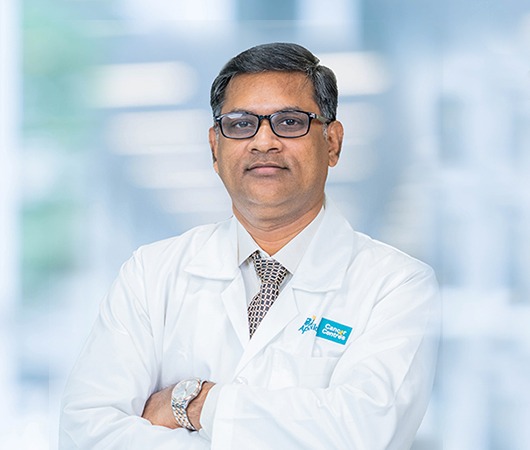



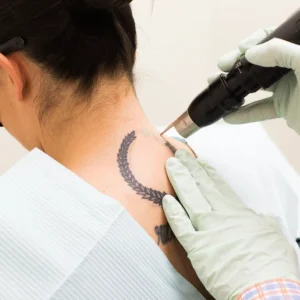

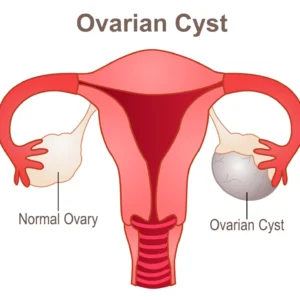
Reviews
There are no reviews yet.